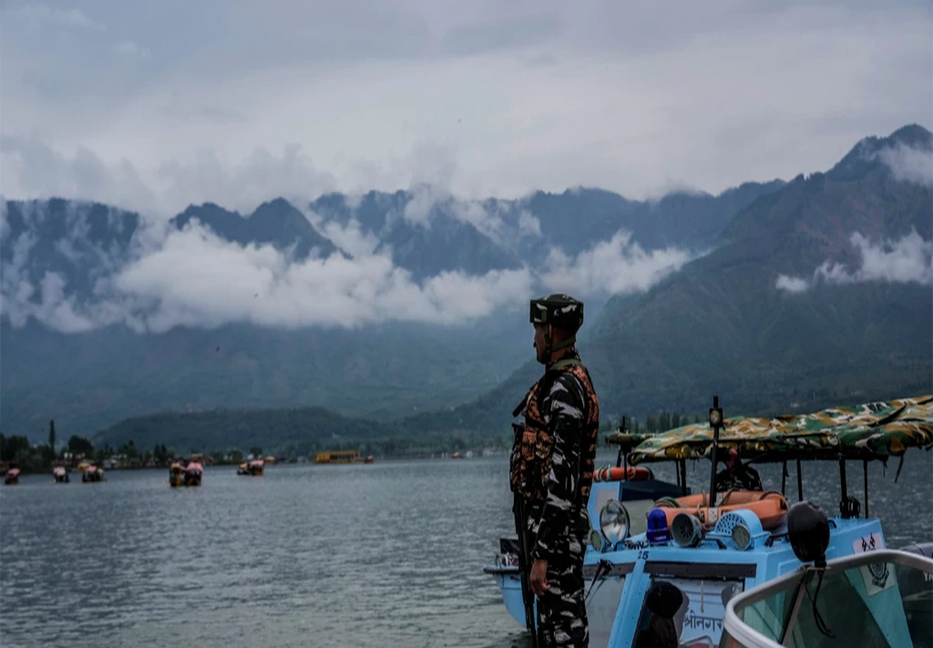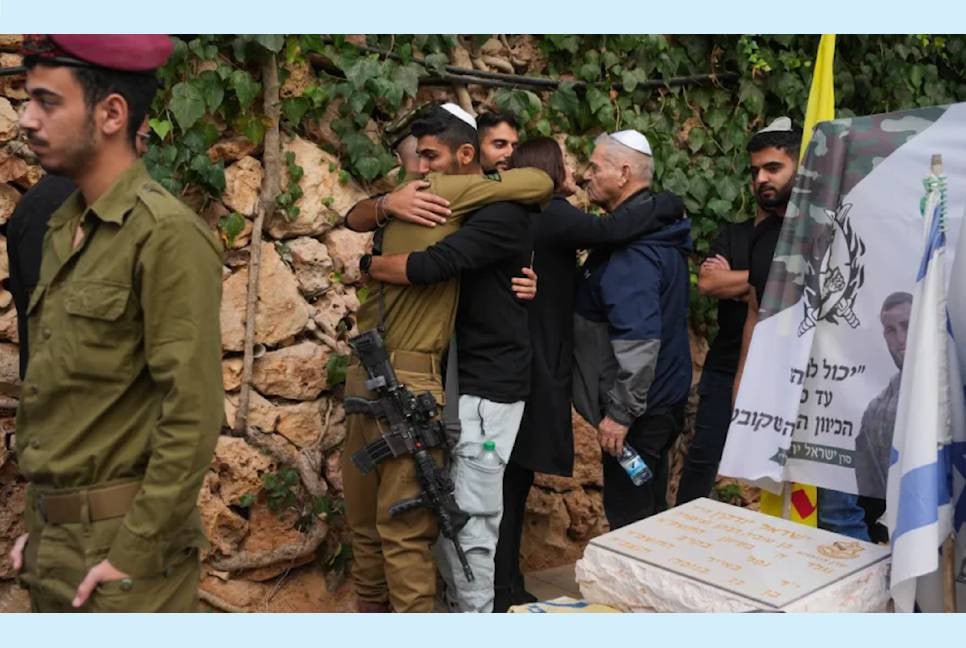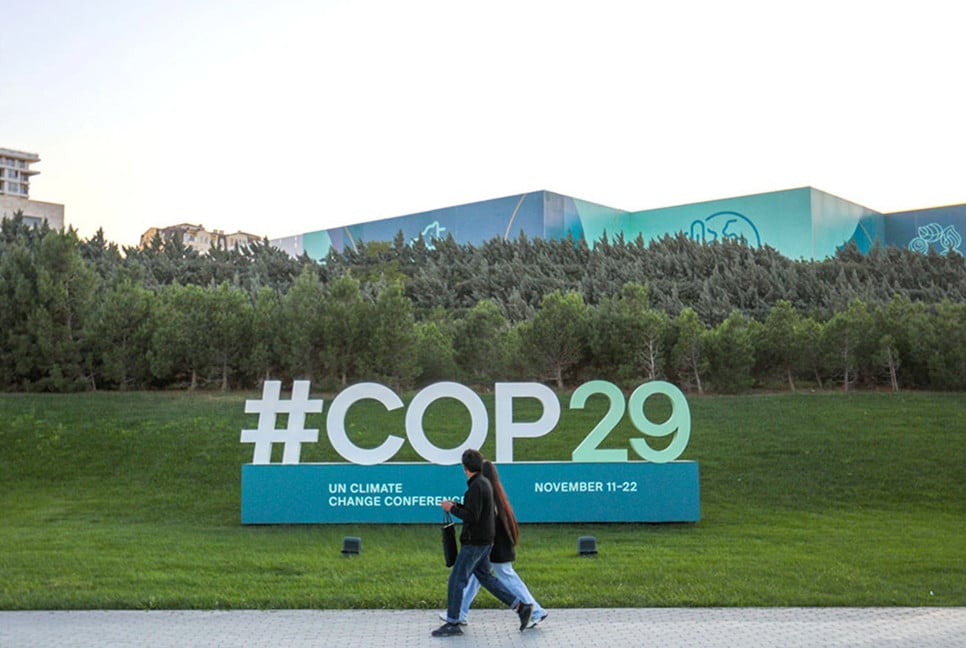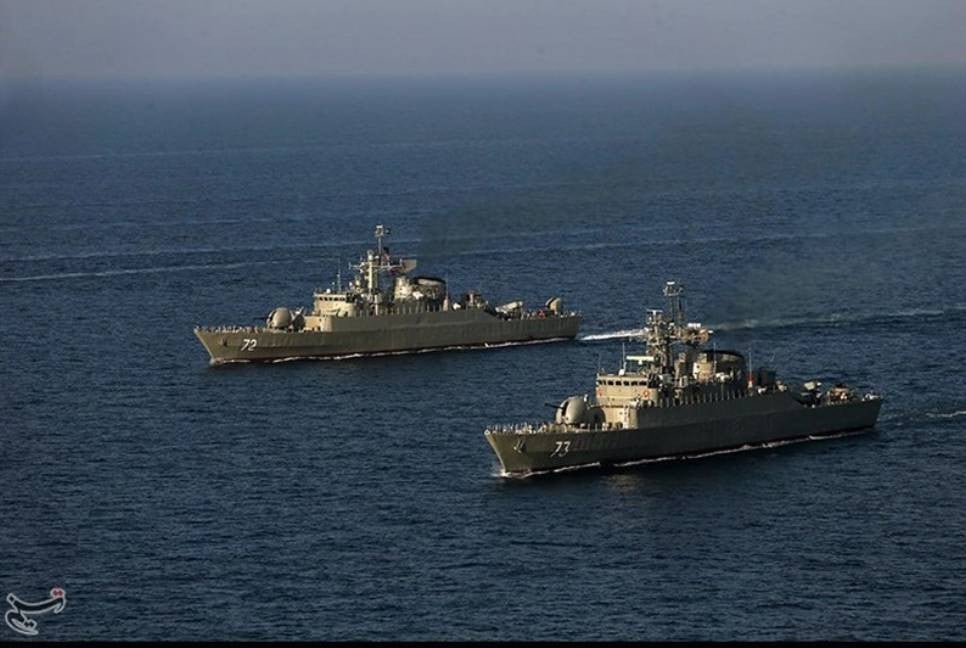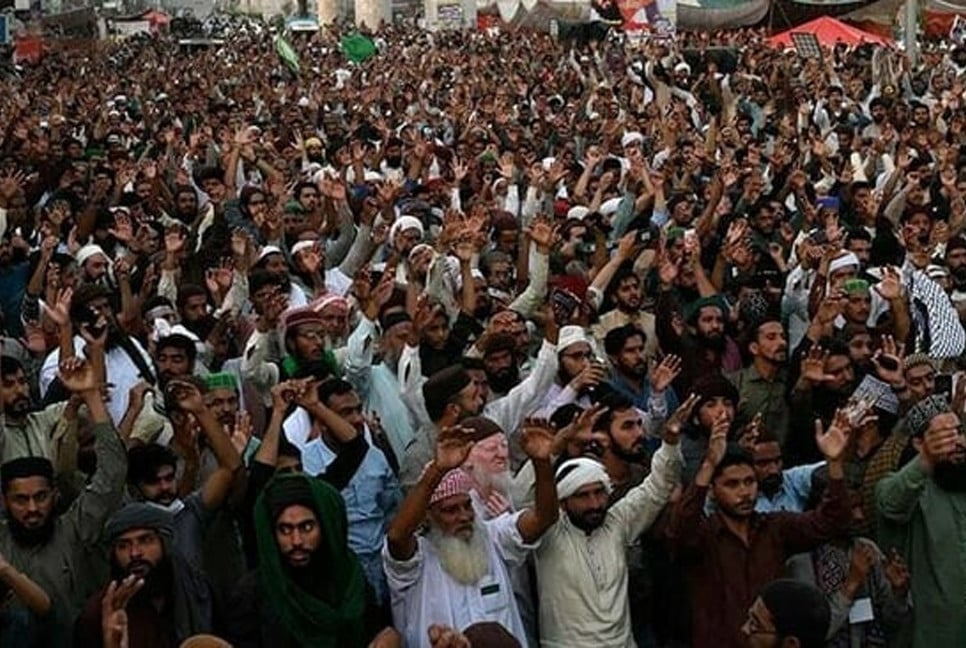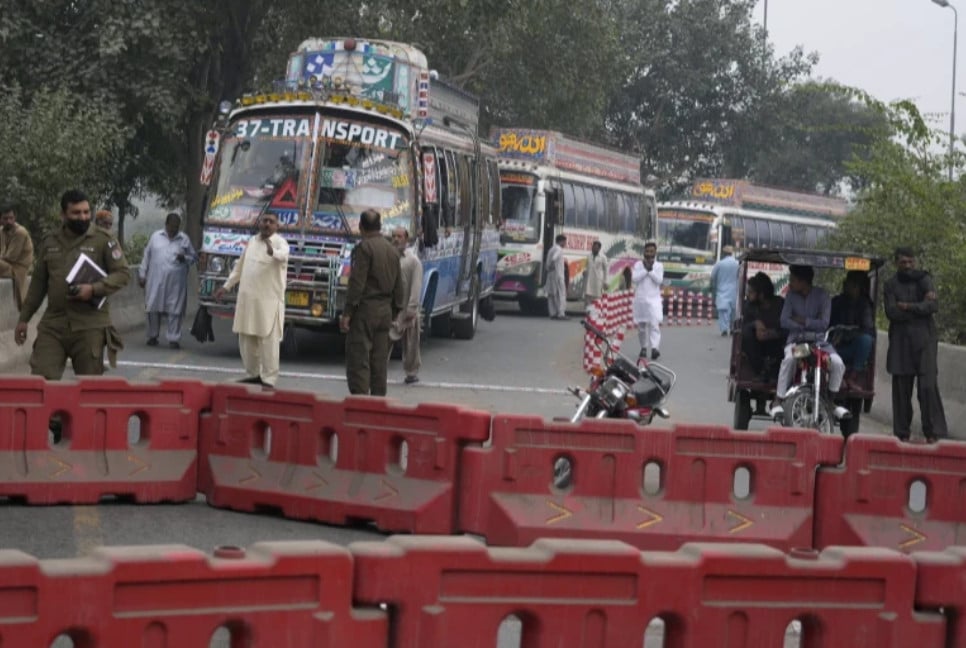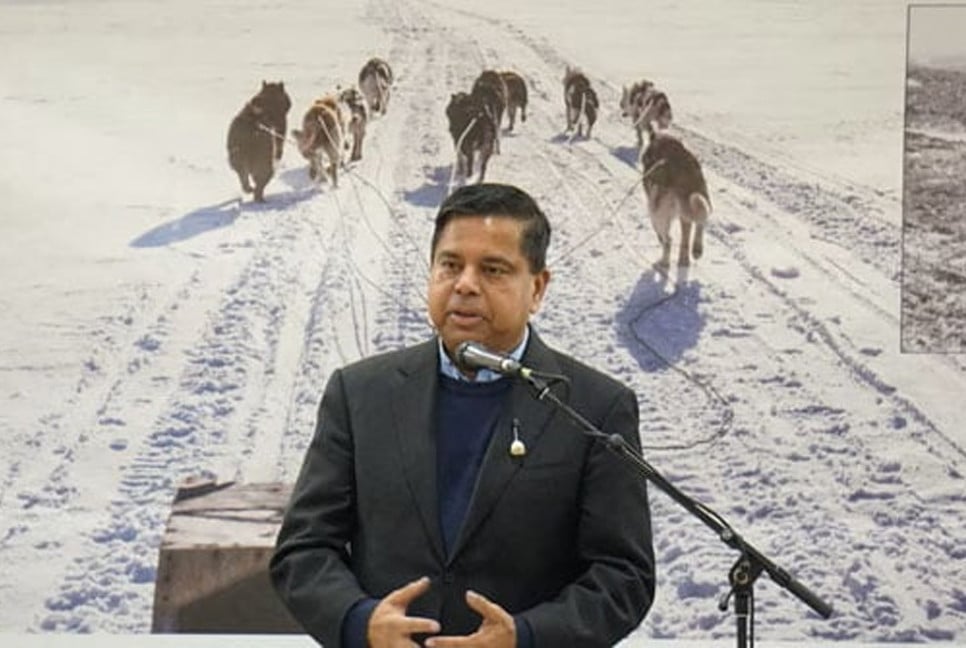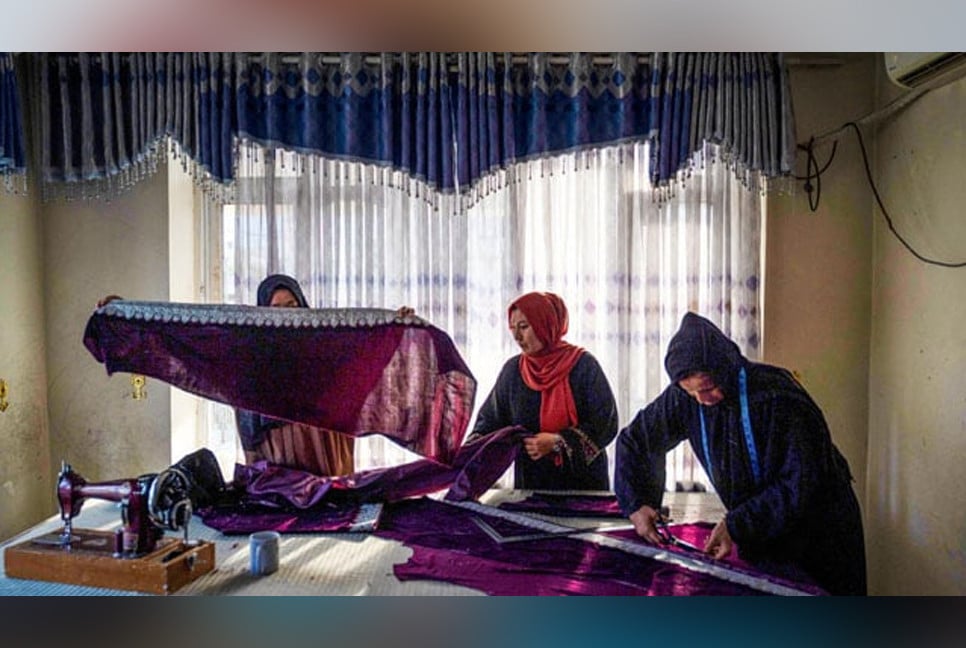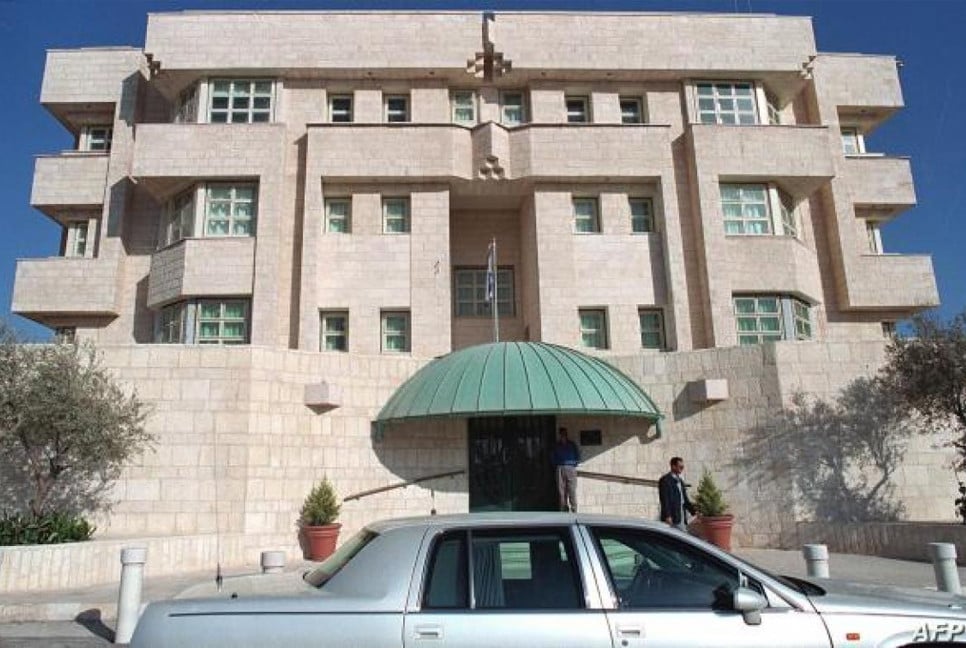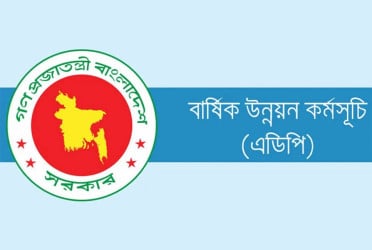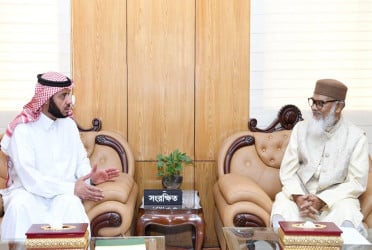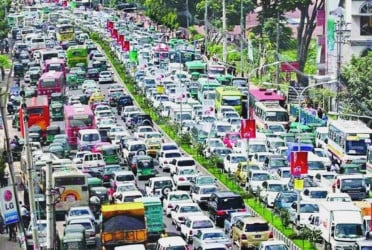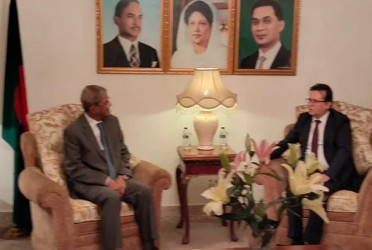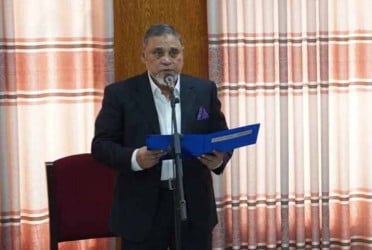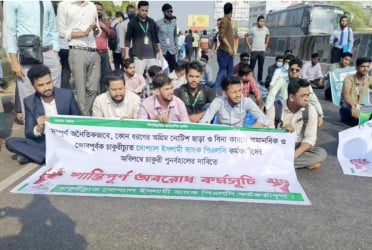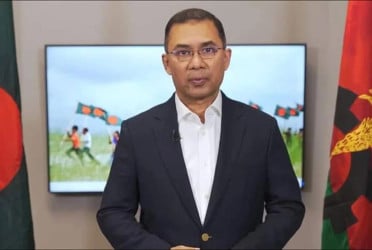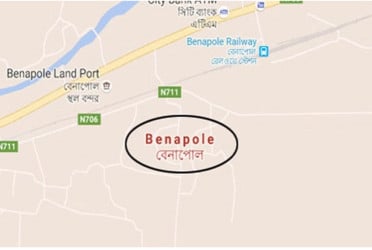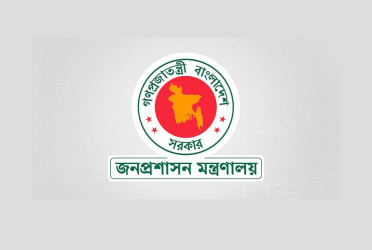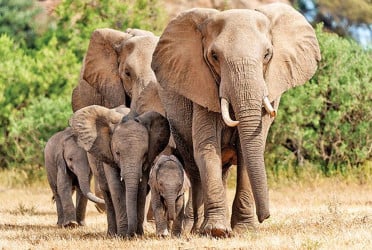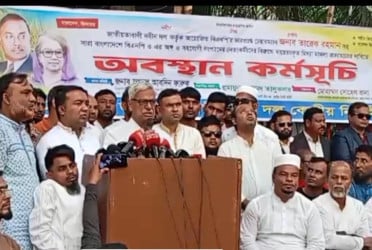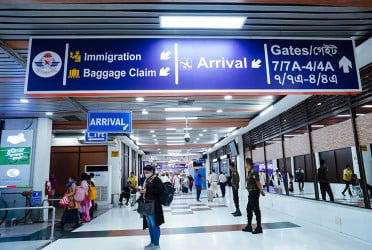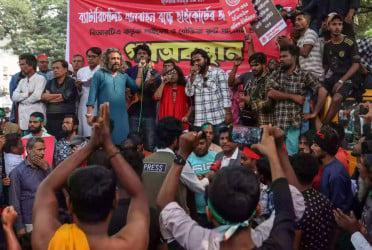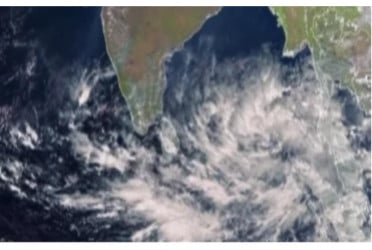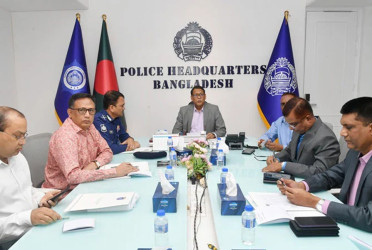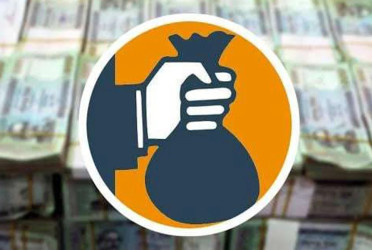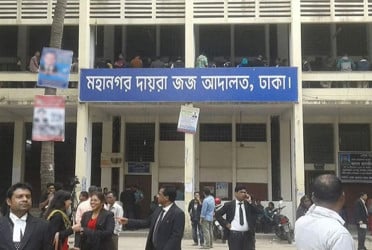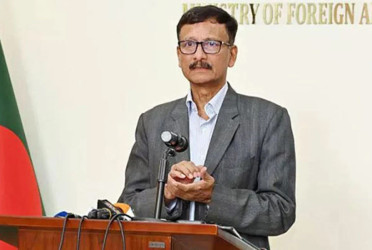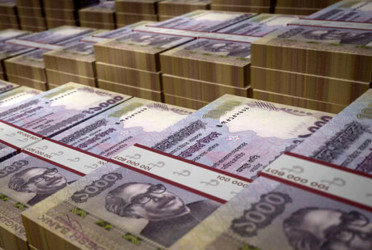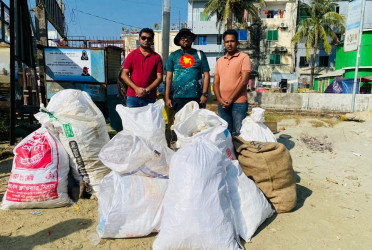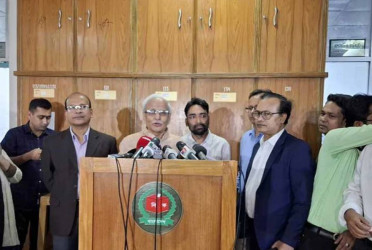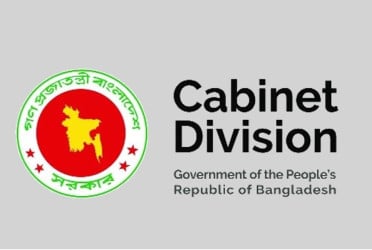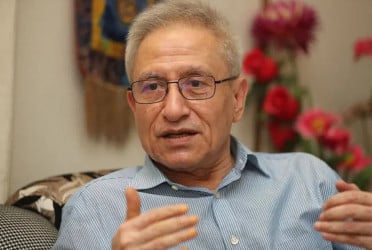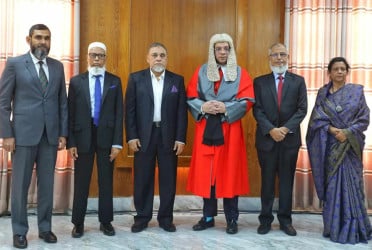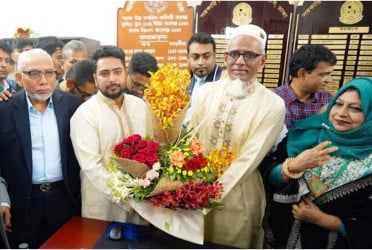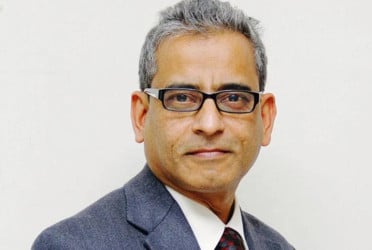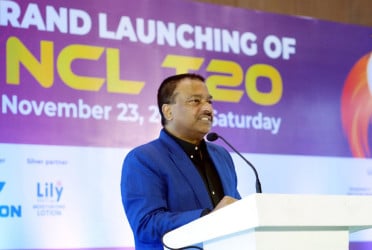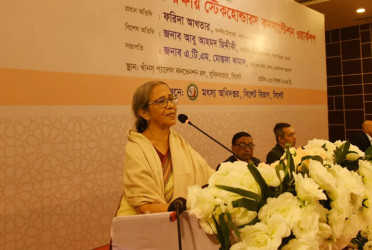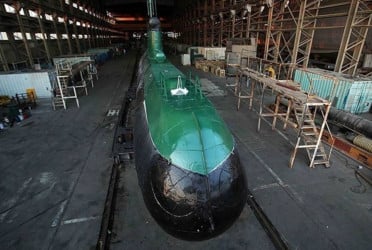As India prepares to host a meeting of tourism officials from the Group of 20 in the disputed region of Kashmir, authorities have deployed elite commandos and stepped up security in the region's largest city. However, with the upcoming G20 event, they hope to restore normalcy in this disputed region, reports AP.
The meeting will be the first significant international event in Kashmir since New Delhi stripped the Muslim-majority region of semi-autonomy in 2019. Indian authorities are hoping the meeting will show that the controversial changes have brought "peace and prosperity" to the region.
Since the 2019 changes, the city, known for rolling Himalayan foothills and exquisitely decorated houseboats, has become a major domestic tourist destination. Hotels have been mostly booked out for months. Kashmir has also drawn millions of visitors, who enjoy a strange peace kept by ubiquitous security checkpoints, armored vehicles and patrolling soldiers.
For the G20 meeting, the city has spruced up its commercial center and roads leading to the convention center on Dal Lake, while police have increased security even further, placing a massive security cordon around the site.
On a recent Wednesday, gun-toting naval commandos in rubber boats mingled with tourists in canary-yellow gondolas.
Paul Staniland, a political scientist who studies South Asia at the University of Chicago, said the G20 meeting is "in line with Indian government policy to symbolically project normalcy and stability in Kashmir," and is unlikely to herald a change in policy.
"The meeting is good and it could boost tourism," said college student Mufeed Hilal. "But we also want to see the Kashmir issue resolved. That is our basic problem."
Pakistan, which controls a part of Kashmir but, like India, claims the entire territory, has slammed New Delhi for holding the meeting in Srinagar.
Speaking on the sidelines of a recent Shanghai Cooperation Organization meeting in India, foreign minister Bilawal Bhutto Zardari said the choice of location showed India's "pettiness" and was a "show of arrogance to the world."
India's foreign minister, Subrahmanyam Jaishankar, dismissed the Pakistani minister's comments, saying that he was not going to debate the issue "with a country which has nothing to do with the G20," referring to the fact that Pakistan is not a member of the group.
The G20, made up of the world's largest economies, has a rolling presidency with a different member state in charge of the group's agenda and priorities each year. India is steering the group in 2023.
China also criticized India's plan to hold the meeting in Srinagar.
"China firmly opposes holding any form of G20 meeting in disputed areas and China will not attend such a meeting," Foreign Ministry spokesperson Wang Wenbin told reporters at a daily briefing Friday.
Last month, China skipped another G20 meeting held in the disputed region Ladakh, where Indian and Chinese soldiers are locked in a bitter military standoff high in the mountains after 20 Indian and four Chinese soldiers were killed in a hand-to-hand melee in 2020.
A U.N. human rights expert on Monday said the meeting would support a "facade of normalcy" while "massive human rights violations" continue in the region.
"The government of India is seeking to normalise what some have described as a military occupation by instrumentalising a G20 meeting and portray an international seal of approval," said Fernand de Varennes, the special rapporteur on minority issues, in a statement.
India's mission at the U.N. in Geneva rejected the statement as "baseless" and "unwarranted allegations." In a tweet on Tuesday, it said it was India's "prerogative to host its meetings in any part of the country."
India also held G20 tourism meetings in the states of West Bengal and Gujarat earlier this year, and one more is scheduled in Goa next month.
Bd-pratidin English/Lutful Hoque

